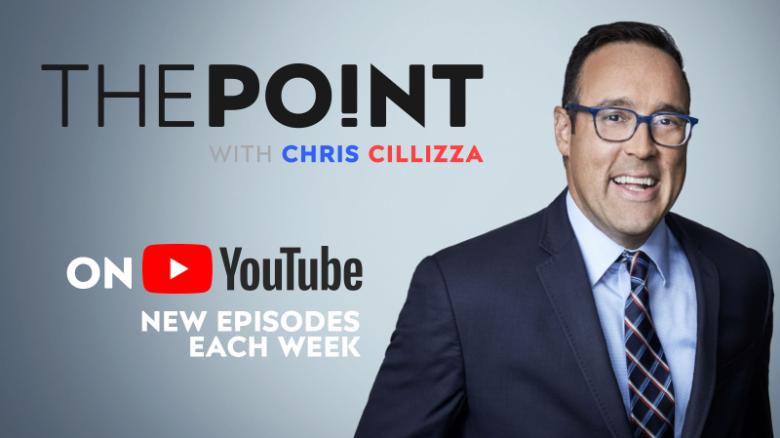Why November 4, 2020 could be a very bad day
(CNN)Since almost the moment Donald Trump won the White House in 2016, people have had November 3, 2020 -- aka Election Day -- circled on their calendars.
For Trump haters, that first Tuesday in November next year is the moment when they can put an end to what they believe is a colossal mistake. For Trump backers, Election Day 2020 is their chance to prove that 2016 was no fluke -- and that they want another four years of the billionaire businessman in the White House.
But what if the vote on November 3, 2020 doesn't actually settle anything?
There's been polling evidence for some time that Americans are losing faith in the ability of Americans elections to be conducted fair and squarely.
In an NPR/Marist University poll conducted just before the 2018 midterm elections, almost half -- 47% -- of respondents said that they lacked faith that all votes cast would be counted fairly. That number was even higher among non-white voters -- of whom almost 6 in 10 said it was likely not all votes would be counted. Two in 5 voters said they did not believe American elections were fair in that same poll.
Other more recent data suggests there is no slackening in the doubts about fair elections. And after the events of the last three years, it's not hard to see why there's rising doubt among the public about fair elections.
What the Mueller report made clear is that Russia did seek to interfere -- in a broad and coordinated way -- in the 2016 presidential election. And that they did so to help elect Donald Trump because they believed he would be better for the country's long-term interests than Hillary Clinton.
In the wake of that election, various intelligence experts -- including former Director of National Intelligence Dan Coats -- have warned that Russia views its role in the 2016 election as a massive success and that efforts are already underway to involve itself in the 2020.
Amid those warnings, Trump has continued to voice skepticism about the role Russia played in the last election. At a summit with Russian President Vladimir Putin in Finland in 2018, Trump said this of the Russia hacking: "I have great confidence in my intelligence people, but I will tell you that President Putin was extremely strong and powerful in his denial today."
Trump's doubts about Russian interference are so well known that, according to The New York Times, White House chief of staff Mick Mulvaney warned then Department of Homeland Security head Kirstjen Nielsen not to bring up plans for combating election hacking with Trump. Mulvaney reportedly said in one meeting earlier this year that Russia's election interference "wasn't a great subject and should be kept below [Trump's] level."
But it's not just Trump's unwillingness to accept that Russia sought to interfere in the 2016 election that is stoking doubts about the possibility that the 2020 race could be compromised in some way. It's also the President's repeated assertions about non-existent voter fraud.
At a New Hampshire campaign rally earlier this month, Trump said this:
"New Hampshire should have been won last time, except we had a lot of people come in at the last moment, which was a rather strange situation. Thousands and thousands of people, coming in from locations unknown. But I knew where their location was."
While there is loads of documentation that prove that conspiracy false, it's part of a pattern with Trump.
* Within weeks of his 2016 win, Trump claimed that 3 to 5 million illegal votes had been cast -- as a way to explain away his popular vote loss to Clinton
* At an official White House event in West Virginia in 2018, Trump said: "In many places the same person in California votes many times. "They always like to say, 'Oh that's a conspiracy theory.' It's not a conspiracy theory. Millions and millions of people and it's very hard because the state guards their records."
* Speaking at a fundraiser for House Republicans' campaign arm earlier this year, Trump claimed: "We've gotta watch those vote tallies. You know, I keep hearing about the election and the various counting measures that they have."
He's never provided any proof for this panoply of accusations. And, a commission he established to look into allegedly widespread voter fraud was shuttered after barely 6 months of existence.
The cumulative residue of all of Trump's unproven allegations about voter fraud lingers, however. As does Russia's coordinated strategy to pick their preferred candidate in 2016 -- and President Trump's unwillingness to accept that it happened at all.
It's seeped (and seeping) into our collective American consciousness -- and laying very dangerous groundwork for the next presidential election. If a sizable chunk of people already believe that if their candidate loses in 2020 the whole thing was rigged, what will that number look like come October of next year? Or on the day after the November 3, 2020 election.
The (potential) answer to that question should scare us all.



















No comments:
Post a Comment